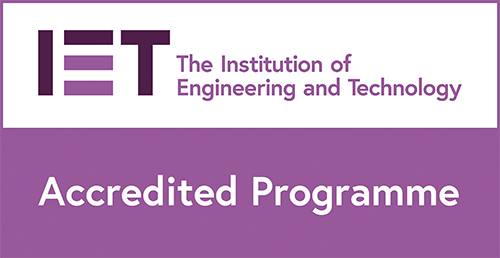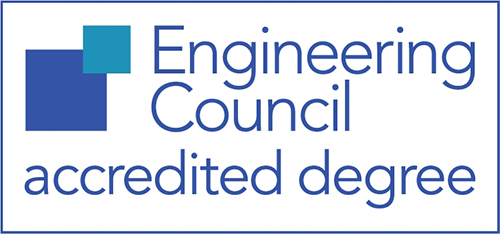For those with previous knowledge of electrical and electronic engineering, this MSc Electrical and Electronic Engineering course provides the advanced knowledge and skills to develop professional engineers. Our students develop insight into industrial applications and requirements as well as management issues relating to engineering businesses. You'll also gain comprehensive knowledge of leading-edge ICT tools and techniques with the help of our world-class engineering laboratories.
You can pursue your specialist interests through the project element of the course. Many of the projects undertaken by our students reflect the key research interests of the faculty, such as embedded systems, electronic manufacturing and control and instrumentation. Projects can also be derived from our links with industry.
What you should know about this course
- You study at our Medway Campus in Kent and benefit from our world-class specialist and integrated engineering laboratories.
- You’ll develop your trade skills, independent learning, and critical appraisal skills.
- This course is accredited by the Institution of Engineering and Technology as satisfying the further learning requirements for chartered engineer (CEng) registration. Individuals must hold a CEng-accredited honours degree as well as the accredited MSc for full exemption to CEng status
Year 1
Students are required to study the following compulsory modules.
- Power Systems Analysis (15 credits)
- Technology Integration and Interfacing (15 credits)
- Design of Advanced Electronic Systems (15 credits)
- Embedded Electronics and Communications (15 credits)
- Individual Research Project (60 credits)
- Research, Planning and Communication (15 credits)
- Academic English for Postgraduates (Engineering)
Students are required to choose 45 credits from this list of options.
- Electrical Machines and Drives (15 credits)
- Machine Sensing (15 credits)
- Power Electronic Converters (15 credits)
- Human & Machine Robotics (15 credits)
- Strategy & Management (15 credits)









